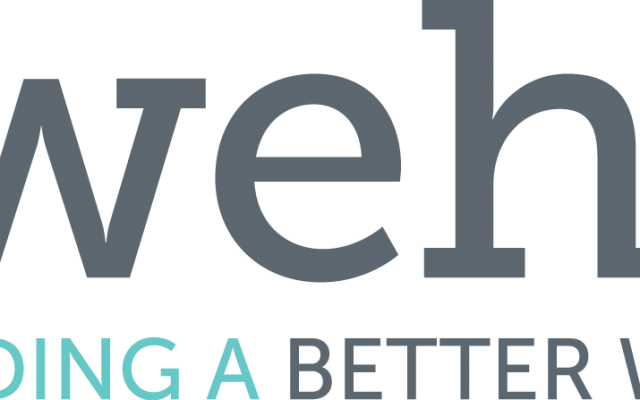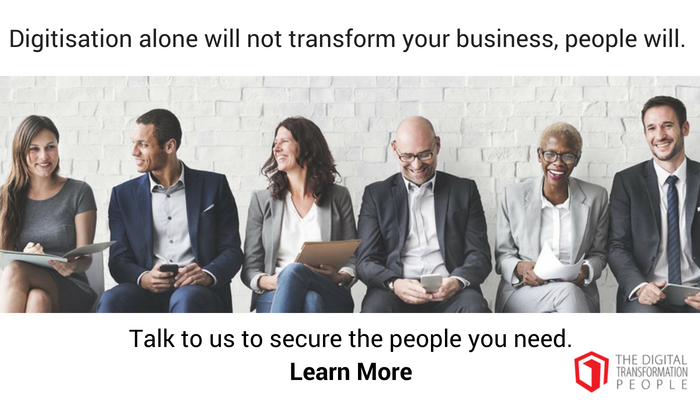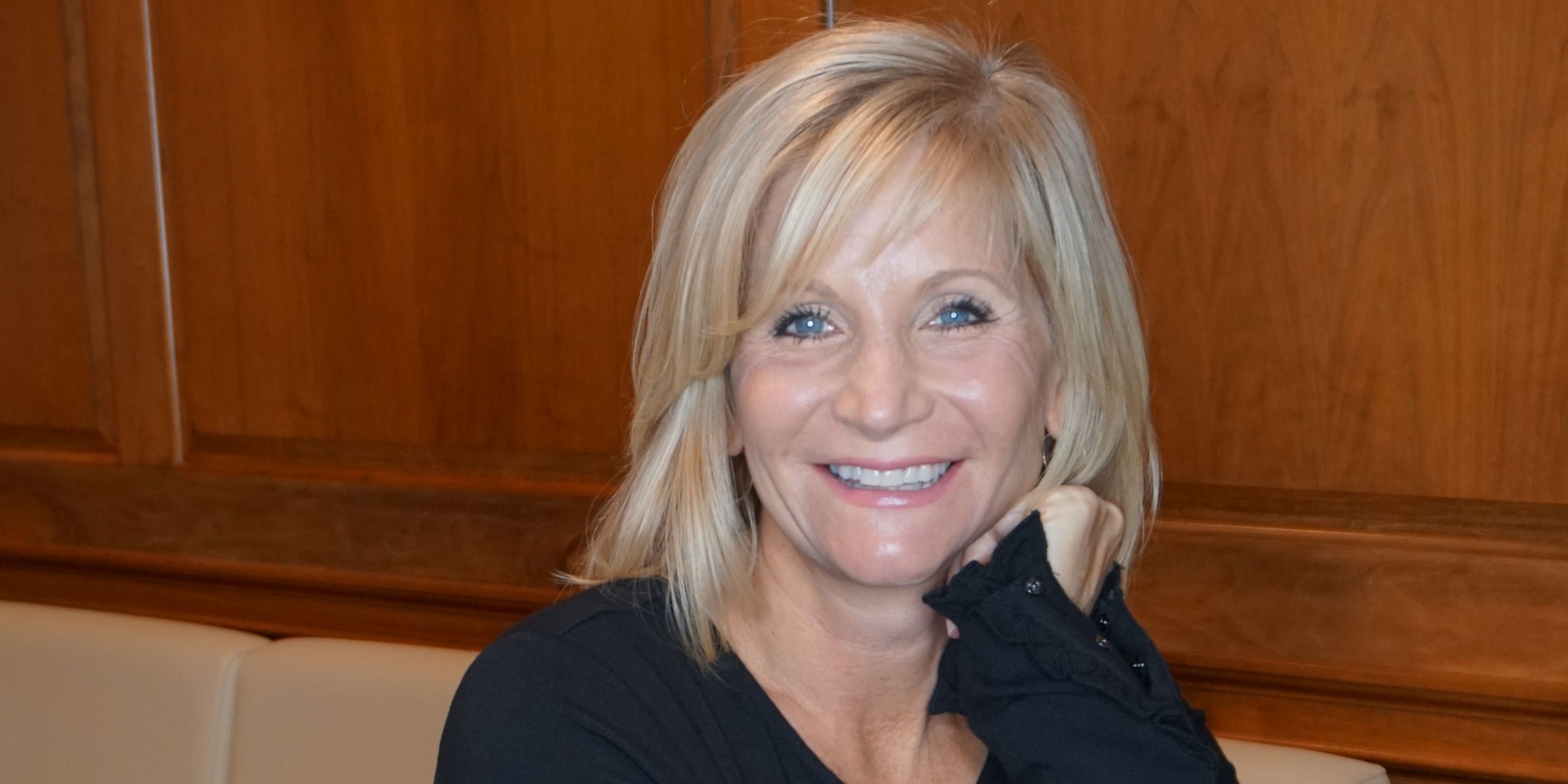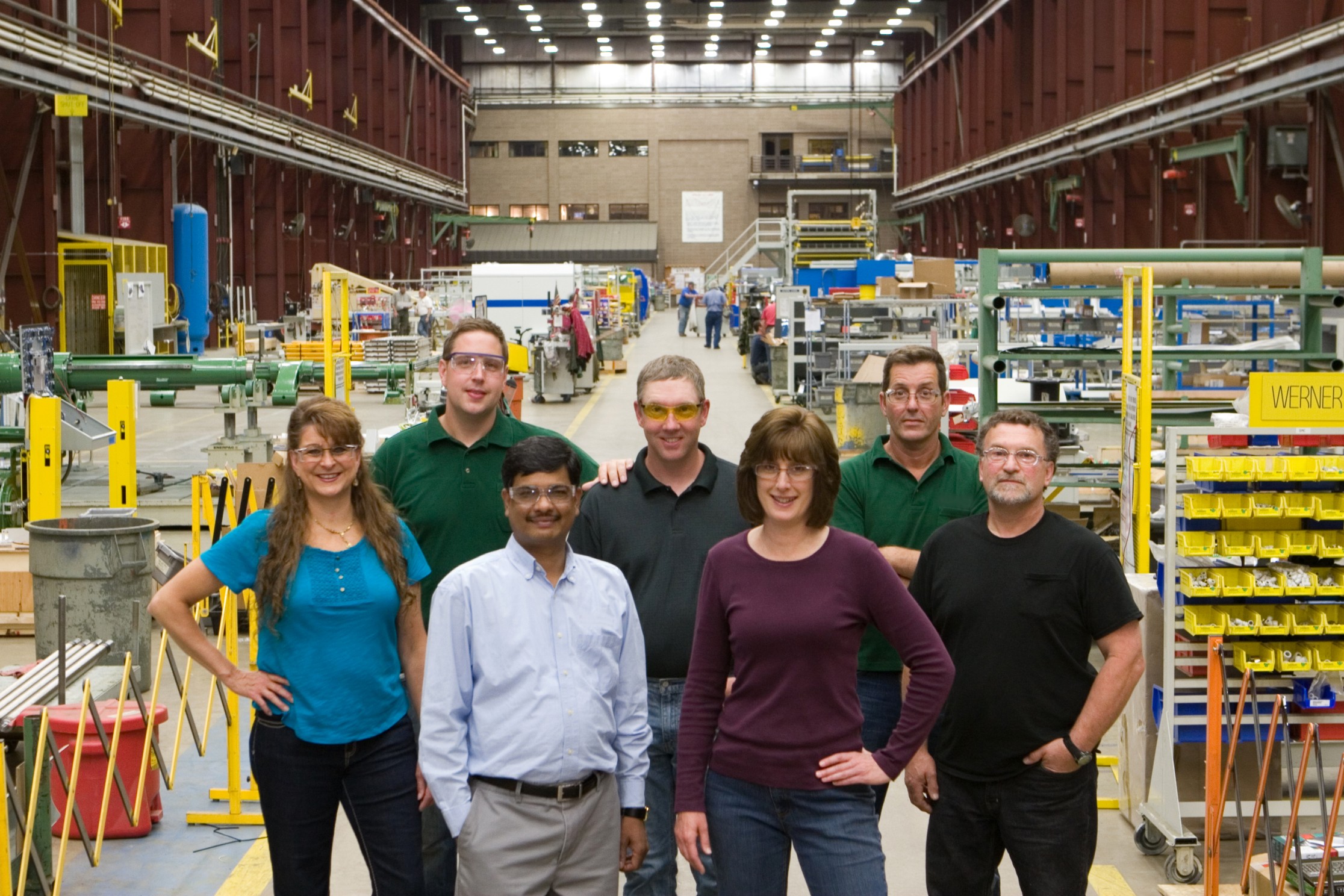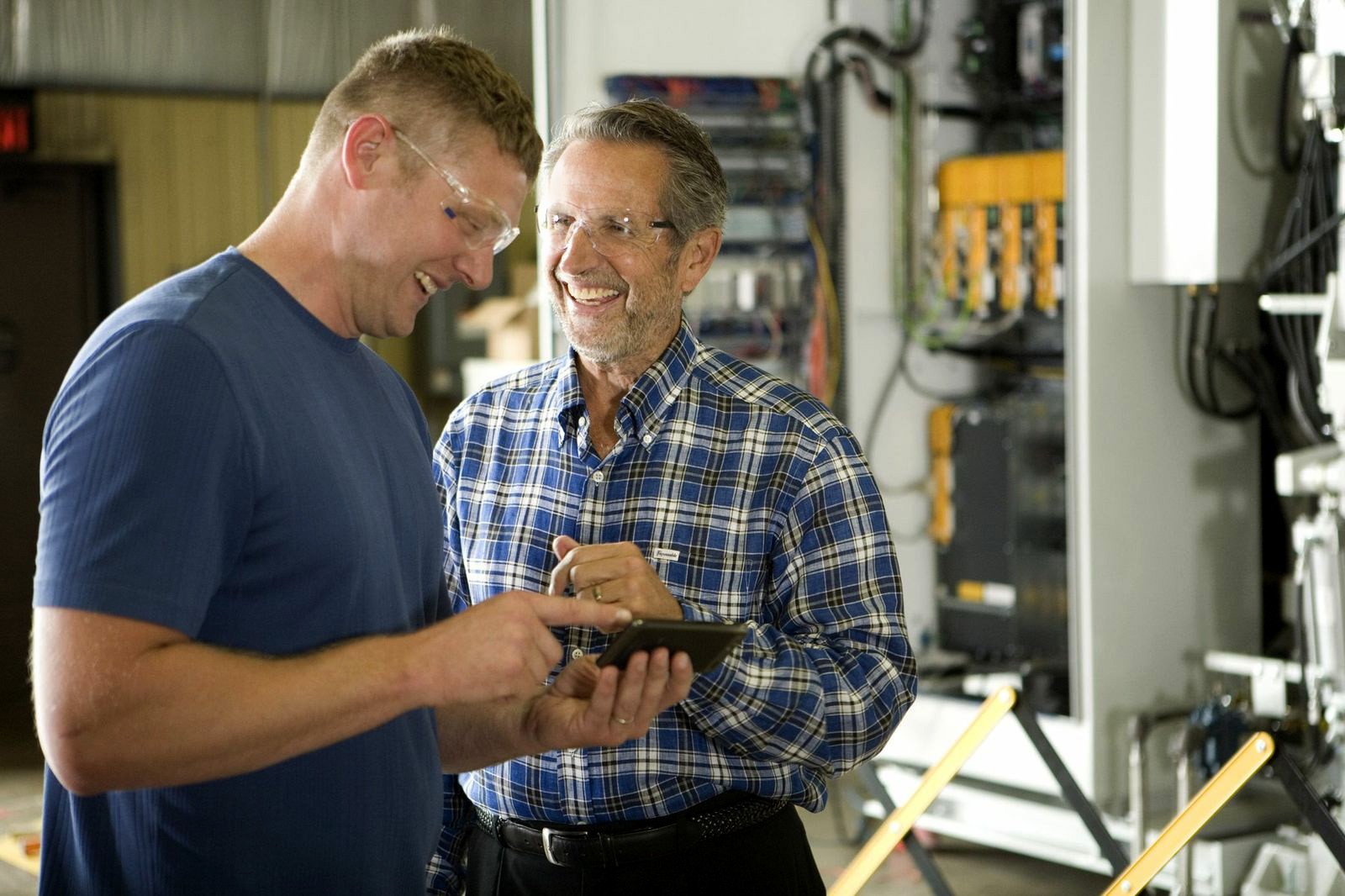When I began my personal journey into the arena of organizational culture, I sought out leaders and organizations who were widely respected for their passion and commitment to building better culture driven organizations. Time and again everyone I reached out to in those early days told me to read “Everybody Matters” by Bob Chapman, CEO of US-headquartered manufacturing organization Barry-Wehmiller.
The story outlined in “Everybody Matters” had a deep impact on me, not only for its deeply empathetic orientation to employees and organizational culture but, importantly for me, it’s unambiguous direction to managers and leaders about how to treat the people in their care.
With that backdrop, I was overjoyed when Rhonda Spencer, the Chief People Officer at Barry-Wehmiller, agreed to spend time with me discussing organizational culture and how, after 125 years in business and 110 acquisitions, the ethos of “Everybody Matters” is embedded in every aspect of the organization. As you can imagine, my expectations were ridiculously high and, not surprisingly, Rhonda exceeded them with her poise and her passion for the people in her care at Barry-Wehmiller.
HB: Rhonda, I can’t tell you how delighted I am that we’re getting to do this interview. Can we start with the simple stuff like who you are, and can you tell us a little about Barry-Wehmiller?
RS: I’m a 30-year veteran of Barry-Wehmiller and I head the People team here at the company. We’re a privately-owned $3billion global manufacturing organization or, as we like to tell people, we make the machines that make the stuff you typically see in your local supermarket. The machine that puts your favourite shampoo in bottles, we make that. From the specialized machines that cut money, to the enormous machines that turn paper into pizza boxes, we proudly make them. In addition, we run a consulting business that builds factories but also consults organizations from life science firms to chip-makers on their manufacturing systems and processes. We’re also a collection of over 100 organizations that we’ve acquired over the history of B-W as our growth has come from acquisitions across the globe and then integrating them into our company – and into our culture – rather than building from scratch. So, we’re an incredibly colourful and increasingly complex tapestry of wonderful operations that stretch across the world.
HB: Like many others I’m very familiar with Bob (Chapman) and his book “Everybody Matters”. Can you give some background on the book and, the inevitable $64,000 dollar question, is the “Everybody Matters” really how this organization runs and operates every day?
RS: (Laughs) Yes, I’m asked that question frequently and certainly since “Everybody Matters” was released, we’ve seen executives from organizations across the globe seek to understand how we do things here at Barry-Wehmiller. In truth, like many organizations, we’ve gone through several important inflection points – we’re all going through one of those right now – as we’ve grown and scaled since Bob took over the company from his father.
We use the metaphor of a jet plane trying to take off, to reflect our early years. When you are taking off, it’s full power on the engines, and when you get to altitude, you can pull back. The early years were getting the company off the ground, the “brute force” days. And, in those early years, we’d acknowledge that we had a decent “work hard, play hard” culture, but our culture certainly wasn’t the area of focus and commitment that it has grown into. Additionally, we’ve had a history of acquisitions so, as we grew, we acquired great organizations and many seasoned executives too. Executives who brought real solid management processes and thinking to our fledgeling organization. The input of those executives honed our thinking and, importantly, in many ways forced us to raise our game. Now, as a 3 billion company, the sheer complexity of the challenges and opportunities we face globally has been part of that growth and those inflection points.
On the culture piece, as we grew, Bob began to reflect deeply on the way in which we lead our people had a real impact on our business. Not just the people we employed directly but the families and communities of those people too. It became very important for Bob to do more than just observe this leadership ethos but to find a way to institutionalize it within our organization too. “Everybody Matters” arose from a deliberate and conscious desire to get these ideas and thinking down. So we vigorously chased Raj Sisodia who’d written Conscious Capitalism” – he might say we stalked him (Laughs) – and asked him if he’d co-author another book. Initially, he wasn’t interested but we invited him down to one of our plants in Northern Wisconsin in a town called Phillips.
We love taking visitors to this plant because we employ 500 people in a city of 1,500 so it is a great example of the “Everybody Matters” ethos in action. We told Raj to wander around and to speak to any of the folks in the plant. Two hours later, Raj was in a deep conversation with one of the assemblers who was enthusiastically telling him about how he’d been brought in to improve the safety and performance of his work and the autonomy he’d been given to get in and solve the problem. Raj came back from that conversation saying “there’s a book here that needs to be written.” That was where the “Everybody Matters” book sprang from.
HB: I love that story. So, tell me, how has the “Everybody Matters” culture formed inside of Barry-Wehmiller?
RS: We both know that it doesn’t matter what Bob writes about our culture or what I, as the Chief People Officer, say the culture is. My culture, as an employee of this or any organization, is ultimately defined by how my leader treats me personally. So, in an organization that writes a book titled “Everybody Matters” if my leader doesn’t treat me that way, it’s actually 10 times worse than just working in an awful organization where everybody is in the same (terrible uncaring) boat.
“I truly believe that your culture is defined by how the outer edges of the organization behave on your worst day. If the edges of the organization can behave and act in a culture consistent fashion in that scenario, you’ve built something special.”
So, in my mind, leaders have the biggest accountability to create that environment. That means my job is to help build the systems and processes and understanding of what that looks like on the front lines of our organization. Because if that doesn’t translate for everyone everywhere in the organization, then we still have work to do. The truth of it is that everybody matters as an unbelievably aspirational story about who we are when we’re at our very best. And all of us have got to wake up every day and try to live up to that picture we’ve painted. So, if you don’t wake up thinking you’ve got work to do every day, you’re always going to start to kind of fall back from that ideal.

HB: That definition really encapsulates so much about getting congruence across the entire company regarding the culture. I have to imagine that’s been sorely tested by the current pandemic.
RS: Absolutely. One of the things that we’ve always invested tremendous time and energy in is listening to the organization. Bob is fanatical about this. Getting out there and, in the days before travel lock-downs, we’d do these “listening sessions” in person across the company. So whether your organization uses surveys or some other process, getting out there and listening to the stories and examples from your people is so critical.
Part of our manufacturing background means we’re very comfortable sitting down and taking something apart, examining it and seeing how it can be improved on. We employ a similar attitude to our culture. Break it down, examine it, ask what’s working, are there any gaps, what can be improved and how can we keep improving it?
It might sound counter-intuitive to bring that engineering mentality to something like culture but it makes tremendous sense here for the company we are and the types of people we attract and employ. Just like an engineering challenge, you don’t want to solve a problem once and then have the same problem occur again somewhere else. The only way to avoid that is to be really systematic, have the discipline, the process and ways of understanding how you’re doing and seeking feedback in order to make meaningful and lasting changes in the organization. It’s really that classic mantra of continuous improvement applied to your culture.
HB: I get the sense that you and Bob have an excellent relationship. I know many folks reading this would adore working for a leader so relentlessly driven by culture but I can’t imagine it being easy for you or the other leaders at B-W?
RS: It’s definitely a wonderful challenge. I probably said this to you before, but our joke here is that if this company was the wizard of Oz, Bob would not be the wizard, he’d be the tornado. A tornado bringing energy, passion and optimism and this attitude that everything can be done. Bob’s got this unshakeable belief that a leader’s job is to give his people or her people a grounded sense of hope for the future. And it’s the grounded part where we come in and create this deep understanding of what’s doable inside the company.
There’s no question, it’s a challenge. It’s a challenge to live up to this very aspirational view of the company where everyone here is someone’s precious child. I know there’s Chief People Officers across the world who’d love to have my job where the challenge is to create the amazing environment that their CEO paints such a wonderful picture of. Tornado notwithstanding, it’s not a bad job really. (Laughs)
Barry-Wehmiller CEO Bob Chapman (R) during a listening session.
HB: We spoke previously about how your organization, like so many others, has reacted to the changing conditions brought about by COVID. Can you shed some light on that?
RS: One frequent misconception I need to clarify is the type of manufacturing operations we run isn’t the type where we have employees working in close physical proximity to each other. So, in relation to other manufacturing operators, we were luckier in that regard than some others. However, like so many other organizations that operate globally we’ve had to adapt to a fluid and ever-changing set of scenarios across our organization.
“One belief we discuss here frequently is that when you’re in the white water, it’s not the time to try to teach your people how to paddle. It’s really a belief about preparedness and that has been a critical part of how we’ve been able to respond to COVID.”
Remember those listening sessions we discussed earlier? That mechanism, that relentless investment of time that Bob and our other leaders have put in to get out and genuinely listen to the organization and probe about how we could be better. That has really proven to be a real anchor for us.
Well, as you can imagine, those listening sessions have gone virtual now and on a recent listening session, a colleague in China remarked that, because of the culture that we’ve built, they already knew what was required of them and what they had to do. We didn’t have to initiate some grand, complex response because our culture already had these mechanisms and ways of acting that meant our people felt better prepared to adapt when COVID hit. Are we going to take a financial hit because of how business has slowed globally? Sure we are, but I think we’re probably not going to be off by more than 15% from our initial business projections which highlights how well our people globally have adapted and recovered. We’re incredibly proud of that.
HB: That’s truly incredible Rhonda. What I hear underneath that anecdote though is a real pervasive sense of trust across the organization. Is that accurate?
RS: Absolutely. Trust is a very broad sentiment but that is exactly what binds this organization together in so many critically important ways. Trust within Barry-Wehmiller doesn’t just mean that I trust your integrity, your intent, but I trust that this leadership team around me knows what they’re doing and is taking us in the right direction. The second thing that’s been reflected back to us from our people is that our organization has a high degree of altruism. That means people who are willing to do something for someone else without thinking about what’s in it for me and not expecting anything in return. That’s pretty remarkable to have that sense of altruism embedded in this organization. And how do you do that in an organization? It’s that you’re really careful about how you keep score and measure, because sometimes the way we keep score keeps people from being able to just serve each other and do the right things for the organization.
And then I’d say the last thing is that having this broad sentiment of Trust means you really have an organization that understands how to solve problems together. That’s both from a rigor and discipline and structure of how you attack a problem, but it’s also just that you have awakened that ability and confidence in your people.
With respect to COVID we saw this Trust element come through and play a very important part in our recovery. For us, we saw COVID unfold early in two markets – China and Italy – where the pandemic hit hard and hit early. First off when it hit China, it was during Chinese New Year when many people go back to the rural areas to visit family so when the cities went into lockdown we had people stranded and unable to get back to the dorms we operate in our Chinese facility. And then we started to see our Italian operations be impacted by similar lockdowns and restricted movement. So, for us, we started putting people into these fluid rapid-response teams and trusting they’d just work into their strengths knowing they would know they had the trust of the organization and their team mates to just get on with it. What also just naturally happened was this organic and unselfish sharing of information and ideas from across the organization – back to that altruism idea we spoke about earlier. Team-mates from different geographies sharing their challenges and problems and others stepping up to assist and problem solve with them. It was incredible to watch how naturally it just seemed to happen across the company.
HB: I’m struck by that theme you mentioned earlier about a leader’s role is to instil a sense of hope in their people. I have to imagine that idea of hope must have played a part in how you responded to the pandemic?
RS: It certainly played a part yes. That notion of hope emulates from Bob’s fundamental belief that everyone is someone’s precious child which is a way of talking about the fundamental worth and goodness of every human being. Let me just give a personal example of how that showed up for me. One of my first roles at Barry-Wehmiller was running the Sales organization for North America but, after a while, I went to Bob and asked for something with more flexibility. Bob agreed but asked me if I’d assist in re-imagining our Sales operations. We devised a new structure and created this very intriguing “gamification” layer as part of the plan. I was excited but nervous about it and I remember saying to Bob “what happens if someone cheats in this game?” Bob’s response? “What if we assume that no-one’s going to cheat? Why not start there and if they do then we’ll deal with it then” I was floored but I tell you that was so incredibly refreshing and even liberating to have a leader say and operate like that.
“All of a sudden, this weight is lifted off you because you can lead in a way that’s all about trust and the inherent goodness of people. You can start making decisions based on this genuine optimism about humanity.”
Now that we’ve grown to a global organization its about finding the appropriate way to take that sentiment and make sure it can work across a company like ours. A company that has both unionized and non-union workforces. A company with employees in the United States, France, Germany, Italy, China and everywhere in-between. We do believe much of this is really a universal human belief, but we still want to be careful that when we say “everybody matters” we deliver that in a way that’s locally appropriate.
HB: That’s quite amazing. You’ve spoken about the increased complexity of operating a global organization with this mindset of continuous improvement in your culture. What’s the current culture aspect you’re looking to enhance and improve?
RS: One area we’re looking at getting better at is cultural leadership development in the organization. We’ve always been a performance organization and were understandably proud that we delivered 20% compounded share growth every year for 20 years. That type of performance becomes incredibly hard to scale. When we started our culture journey and Bob was exploring how business needed to be more socially responsible and accountable to the people we employed and the communities we operated in, we found we had these two narratives, these two important narratives, working sometimes at cross purposes or in a way that was confusing to some leaders.
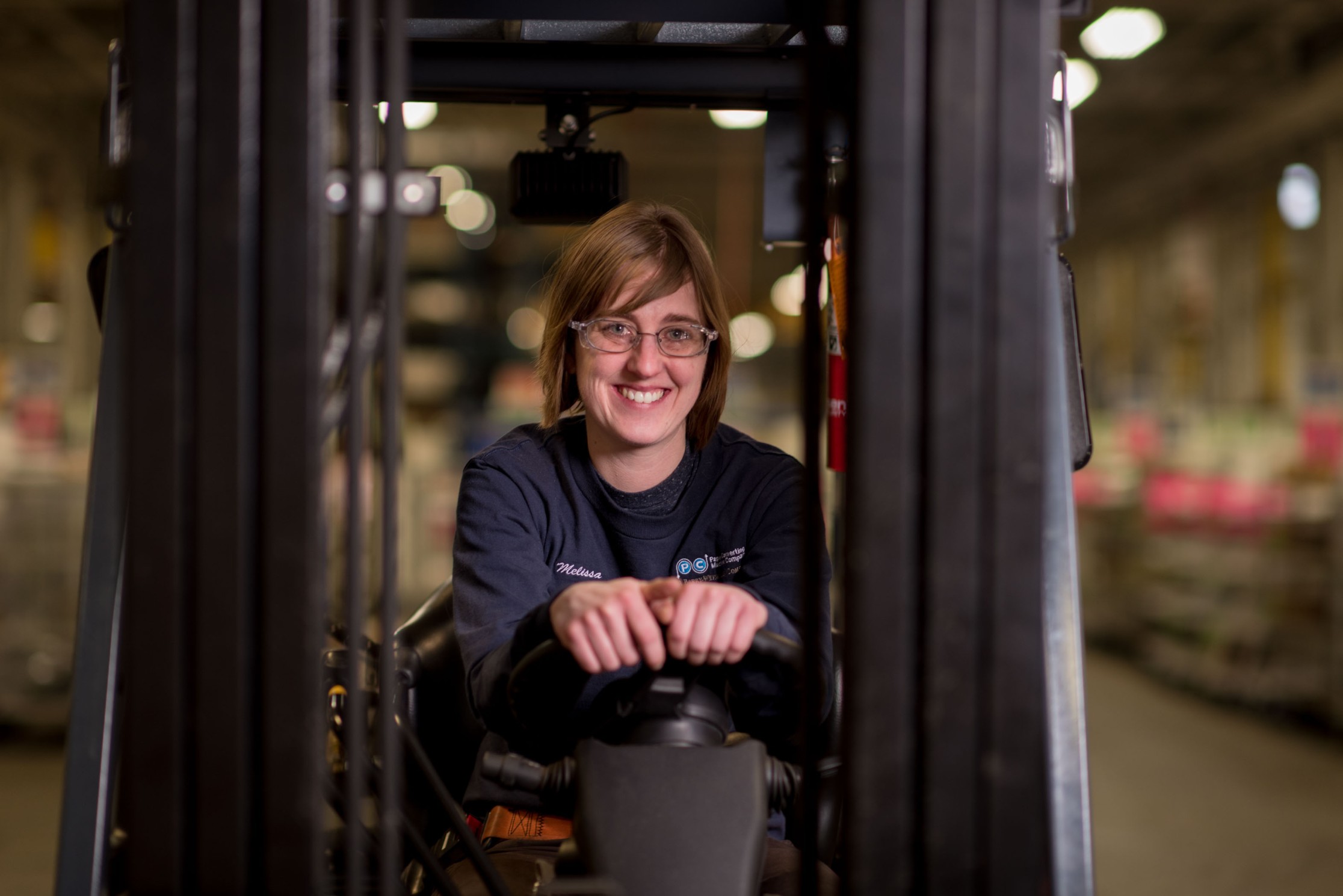
On one hand people were our primary responsibility, on the other keeping an eye on performance was paramount. And we sort of just left leaders to navigate the middle and work out how they were supposed to perform. So, I think the important work that we’re doing today is to be more explicit about, the people aspect and the performance aspect and finding harmony between them. The harmony idea is actually one I first heard from Raj. He said balance implies the trading of one for another, you know, one’s up and the other one’s down. Harmony implies that when two things come together, they’re more powerful, more beautiful.
“And so, we really want to make it clear to our leaders that we’re not trading, be good to your people or perform, right. Those can and should exist in harmony.”
One thing I know is that I have never met anybody who didn’t want to come to work and do a good job, and who didn’t feel much better walking out the door when they knew that they really accomplished something that was worth doing in the company of people that they loved working with. Right? That’s pretty much a universal truth.
So I think for us, it’s just really making that much more explicit in terms of every single person in the company has a responsibility to perform with excellence and care for people, and then making it much more explicit for what leaders are supposed to do to create that harmony in the company. And then understanding how we build those leaders. So that’s the current iteration of the work we’re improving on and delivering on that promise for everybody globally.
HB: That’s a fantastic notion. Focusing on harmony and the ability to keep both business performance and grounded hope in equilibrium. Any closing words or themes we’ve not covered Rhonda?
RS: Just a closing thought because it’s been one of my deepest learnings here at Barry-Wehmiller. If you genuinely and consistently engage your people in finding solutions to your business challenges, they will invariably step up and surprise you every time. In our history we’ve acquired organizations in dire financial shape that have turned around when we’ve gone in there and taken this cultural approach of “Everybody Matters”. The very same group that had previously struggled to be profitable was able to bring the operations back when they felt genuinely heard, genuinely trusted and appreciated and held responsible for making their situation better. I’ve seen time and again the difference that it can make on the performance and the commitment of the people we employ. It’s quite remarkable
HB: What a brilliant point to end on. Thank you Rhonda, you’ve been an absolute delight. When this pandemic lifts I can’t wait to pay you a visit. Maybe go down to that plant in Wisconsin.
RS: We’d love to show you around. Let’s make that happen Hilton.
The Barry-Wehmiller Executive Leadership Retreat in Colorado.
+++++++++++++++++++++++++++++++++++++++++++++++++++++++++
Article by channel:
Everything you need to know about Digital Transformation
The best articles, news and events direct to your inbox


